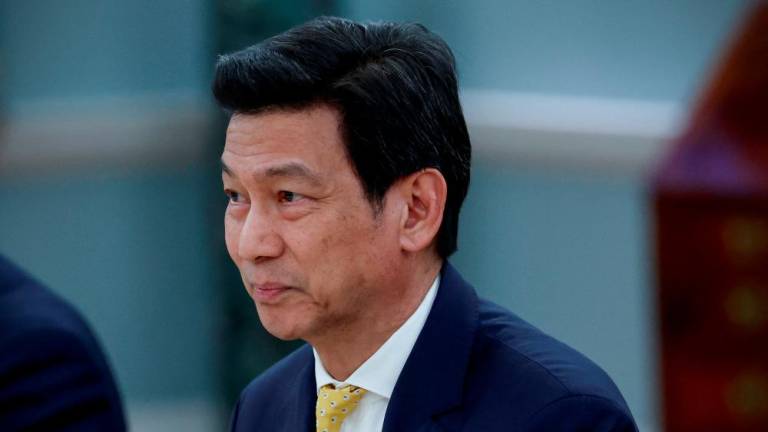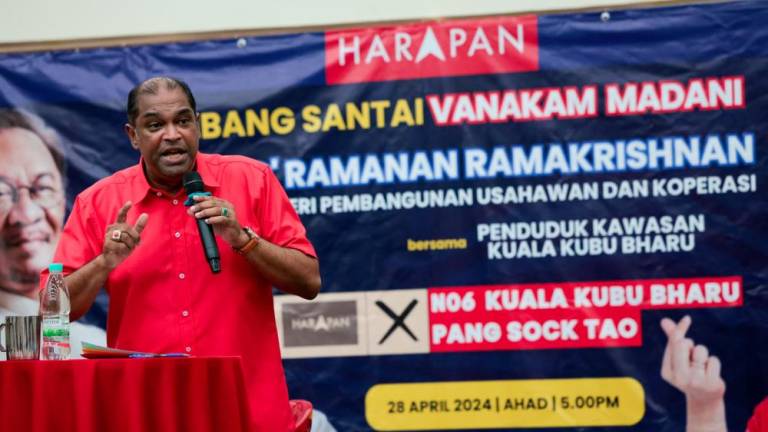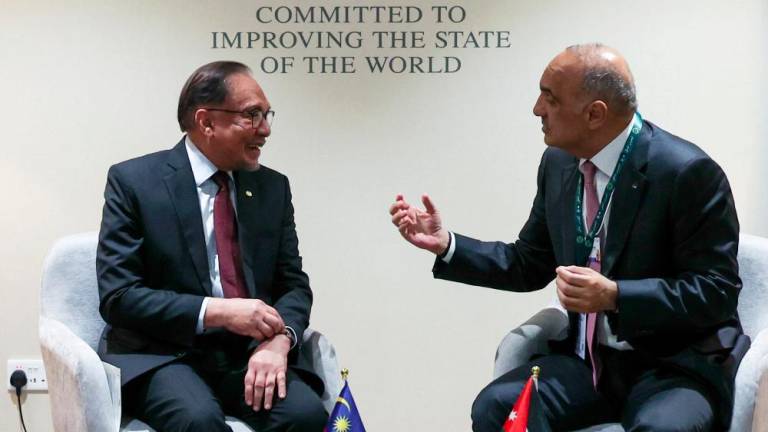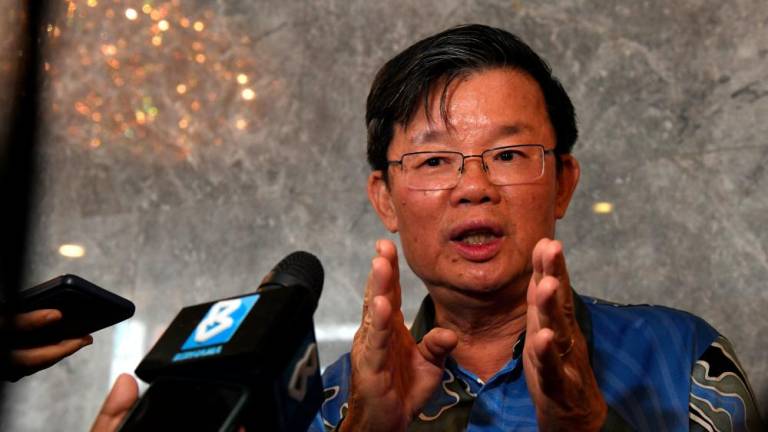PETALING JAYA: There is another pandemic in Malaysia and it took root long before Covid-19 reached the country’s shores.
This other scourge is called “corruption” and its only vaccine is integrity, and that must be administered from an early age.
Experts agree that the country is already facing an integrity crisis. Corruption has permeated every level of society – from youths to leaders, as Malaysian Association of Certified Fraud Examiners president Datuk Akhbar Satar sees it.
As Malaysian Anti-Corruption Commission chief commissioner Datuk Seri Azam Baki has said many times, corruption leads to leakage in government procurement efforts, and civil servants are involved.
Even law enforcement agencies are not without their bad apples. On Monday, Inspector-General of Police Tan Sri Abdul Hamid Bador said there was already a “culture of taking money from the bottom to the top” among the men in blue.
If left unchecked, it will cause irreparable damage in its wake, Akhbar told theSun.
Widespread corruption has even raised the concern of some members of royalty.
Perak Ruler Sultan Nazrin Shah recently pointed out that with higher integrity, the workload for the courts would be reduced.
Akhbar added that corruption could weaken the effectiveness of government action, thereby causing political and economic instability that would eventually lead to an uncertain future for the nation.
“Apart from the corruption crisis, we are also facing an economic crisis, a leadership crisis and a faith crisis.”
He said corruption could also wreck the country’s business environment and lead to low confidence among current and prospective foreign investors, and even discourage domestic investment.
However, he said there is hope for the nation’s integrity to be restored, and the seed “must be planted in the young if we hope to see change”.
“This is a long process, but it can be done if the country adopts ethical upbringing and teaching skills,” he said.
“Parents should be good role models for their children. Schools can inculcate the value of integrity in children from kindergarten. As adults, we should practise it too.”
Akhbar said good governance, integrity, accountability, transparency and honesty are the qualities the people look for in their government.
“We need statesmen who think of the next generation and not just about the next election.”
Rather than heavier penalties, including the death sentence, for those found guilty of corruption, Akhbar said proper training and opportunities for self-improvement would be better for those who have served time in prison for corruption.
“Otherwise, there will be no change.”
Social activist Tan Sri Lee Lam Thye said more and more Malaysians have lost their integrity in the last decade.
“There has been a noticeable increase in the number of arrests and convictions for corruption and money laundering,” he said.
“This goes to show that the level of integrity among Malaysians has sunk. Corruption is still widespread despite efforts to stamp out the menace over the years.”
“What concerns me is corruption involving those in the public service. These are individuals whose main role is to serve the people and the nation and if there are instances of corruption, I believe we still have a problem on our hands,” he added.
Lee said rather than serving as merely a slogan, integrity should become a practice among Malaysians in their daily life.
“It’s like the five principles of the Rukun Negara. We memorise them, but do we practise them?”
He cautioned that if integrity is not restored, potential investors will begin to have second thoughts about coming to Malaysia.
“In addition, it will affect the confidence and trust the rakyat have in the administration.”











